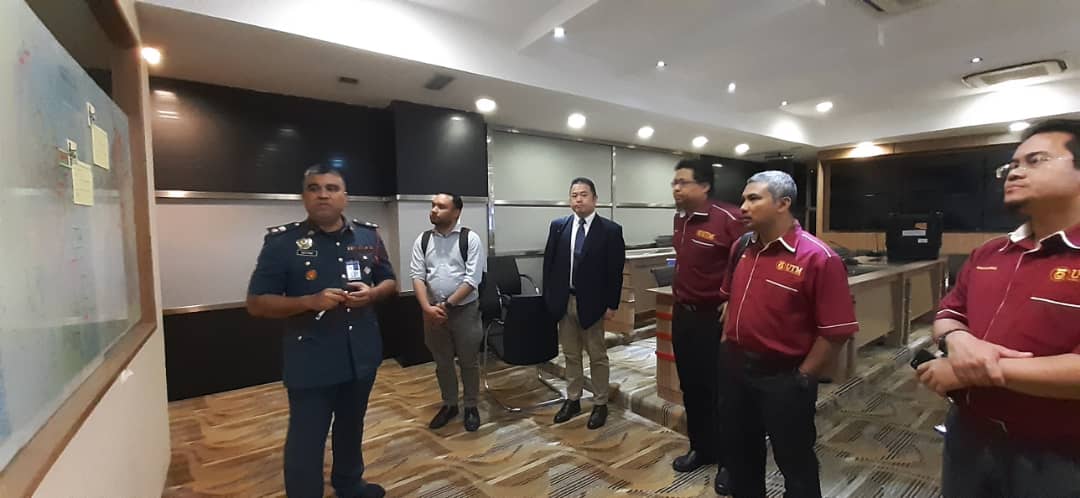
Towards a resilient society: An assessment of disaster readiness in 5 ASEAN cities
Pdf version is available for download HERE

Pdf version is available for download HERE
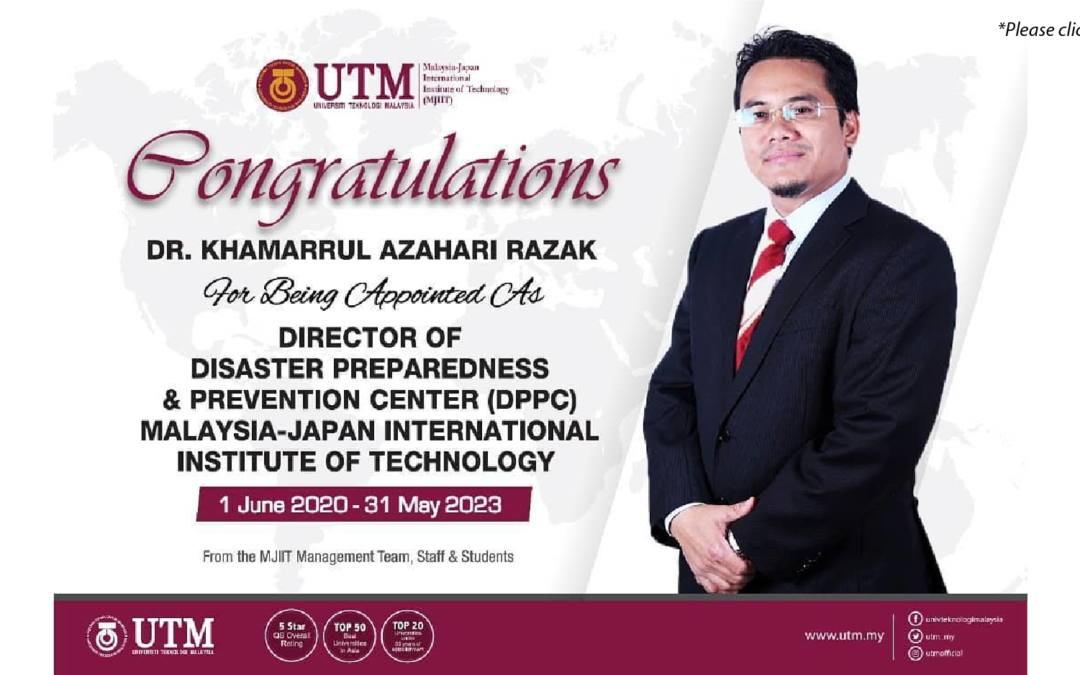
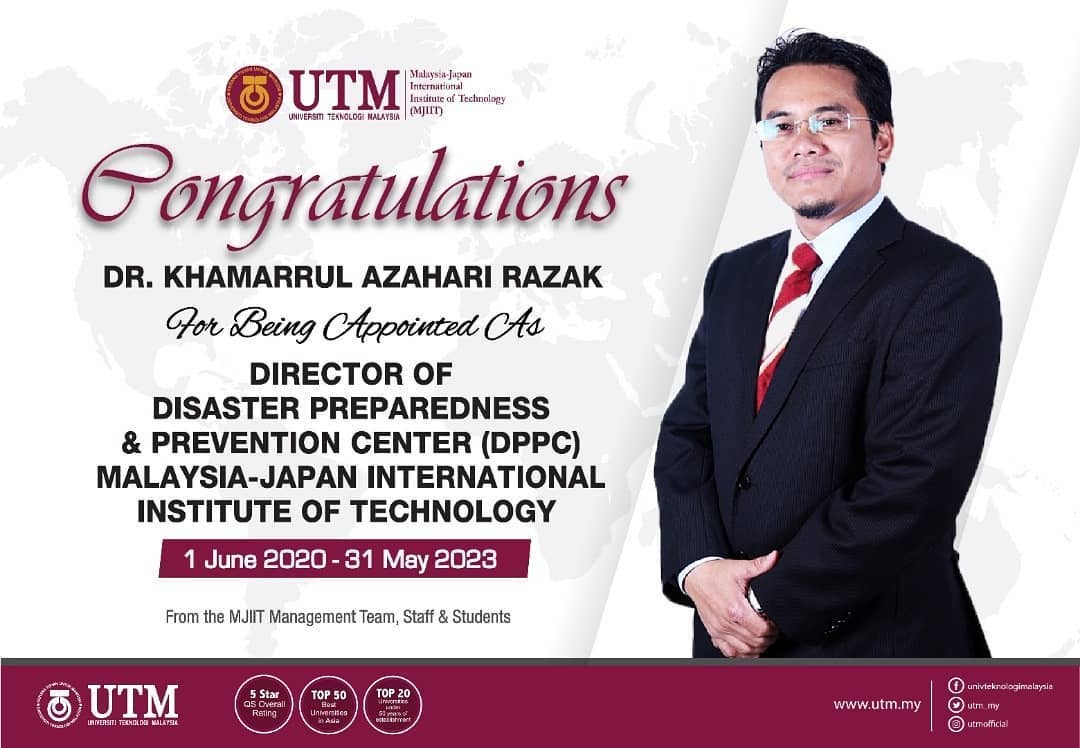
The Malaysia-Japan International Institute of Technology (MJIIT) proudly announces the appointment of Dr. Khamarrul Azahari Razak as the new Director of the Disaster Preparedness and Prevention Center (DPPC).
A technical expert on geohazard, including sediment-related disasters, Dr. Khamarrul continues to expand his expertise in areas including, multi-hazard and socio-economical risk assessment, disaster infomatics, DRR policy and community based disaster risk reduction.
He has been involved in both national and international research projects, including Landslide Hazard and Risk Mapping project for Mineral and Geoscience Department Malaysia (JMG), Disaster Resilient Cities, Federal Department of Town and Country Planning (PLAN Malaysia), UK funded “Technology Enhanced Stakeholder Collaboration for Supporting Risk- Sensitive Urban Development (TRANSCEND) Project and “Strengthening the Disaster Risk Reduction Capacity to Improve the Safety and Security of Communities by Understanding Disaster Risk (SeDAR)” funded by the Japan International Cooperation Agency (JICA).
His network in disaster risk reduction is extensive – ranging from being a member of the Science and Technology Expert Panel for Disaster Risk Reduction (STEP) to the National Disaster Management Agency (NADMA), Prime Minister Department and internationally, member of Asian Civil Engineering Coordinating Council (ACECC) TC21 and Working Group on Climate Change and Disaster Risk Reduction, Global Young Academy Technical Committee.
During his tenure (June 2020 – May 2023) as the Director, he is expected to lead in further strengthening the 3 pillars of MJIIT’s Disaster Program, Education/Training (Master of Disaster Risk Management Program), Research (DPPC iKohza) and Field Practice as well as enhancing the “J” (Japan) and “I” (International) of MJIIT that will direct the way for DPPC to become a National Center and ASEAN DRR hub in the near future.
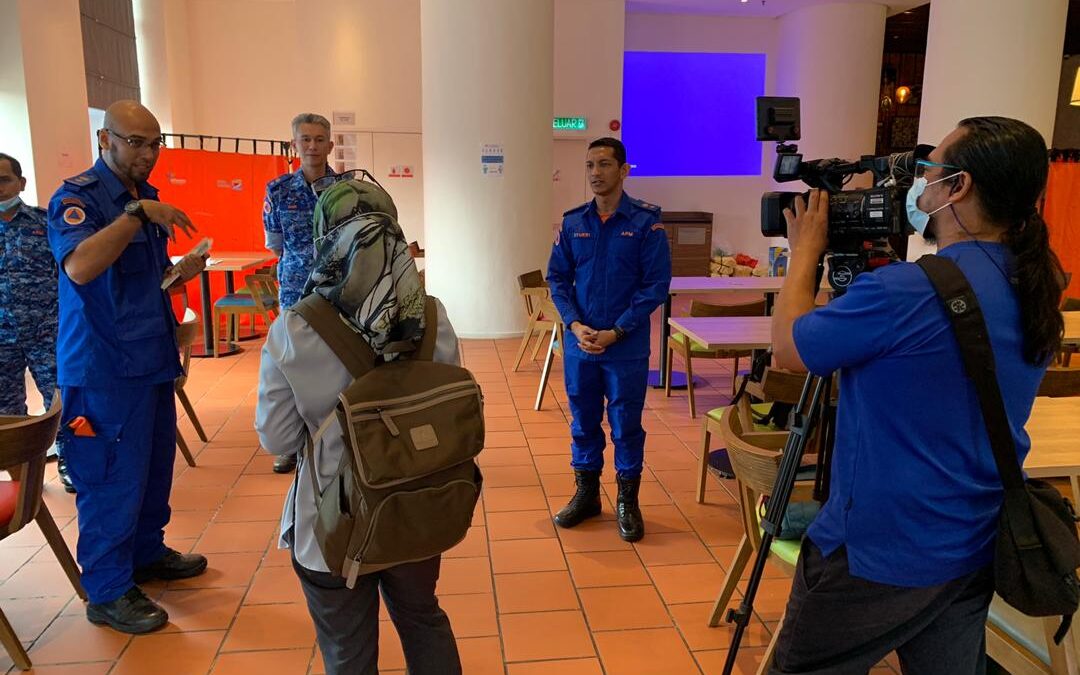
During the Movement Control Order (MCO) due to the COVID-19 pandemic, several local and international media have covered the contributions made by our faculty members and students.
Some of these articles, documentary TV programs and SNS posts can be seen below and will be updated periodically.
*Please note that some of the information is translated by Google Translate and may not correctly display what had been written in the original text.
1. Responding to COVID-19: MJIIT takes on the virus (19 May, JICA website) (EN) (日本語)
2. MALAYSIA-JAPAN INTERNATIONAL INSTITUTE OF TECHNOLOGY: Contributions to fight COVID-19 Vol.1 (15 April, JICA Facebook).
3. Fight against COVID-19: MJIIT’s Challenge (27 April, GetNaviweb) (EN) (日本語).
4. COVID-19 impact on Malaysia: Observation of Japanese expert on DRR and religion (3 June, Livedoor News BLOGOS) (EN) (日本語).
5. Graduates of MJIIT‘s Disaster Program contributes in COVID-19 response measures (Asahi Shinbun, forthcoming)
6. Fight against COVID-19 by Malaysia Japan International Institute of Technology (MJIIT) (TV Documentary) (10 June, Nippon Broadcasting Corporation)
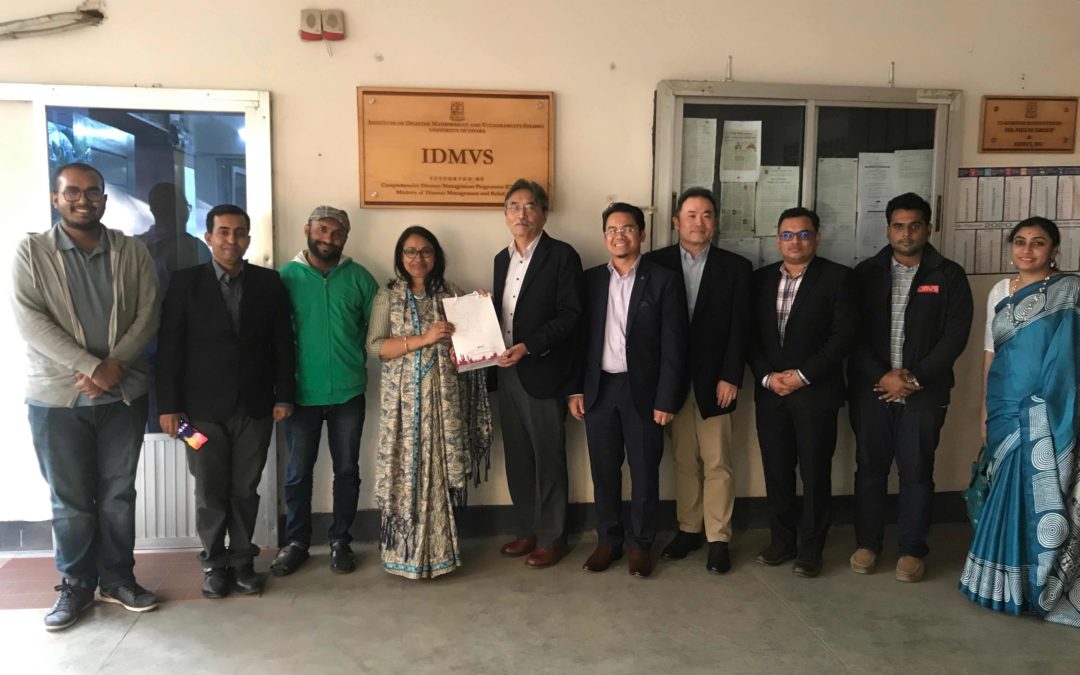
From 2 to 7 February 2020, DPPC mission members led by Prof. Dr. Masafumi Goto with Dr. Khamarrul Azahari Razak, Dr. Mohammad Ali Tareq and Assoc. Prof. Dr. Shohei Matsuura visited Dhaka, Bangladesh to promote MJIIT’s disaster program and to engage with key DRRM stakeholders in Bangladesh, ranging from research institutes, government agencies, NGOs and international donors.
The objectives of the outreach program are as follows:
1. MJIIT’s disaster program becomes known to DRRM researchers and implementing agencies/organizations in Bangladesh
2. Network is built among abovementioned stakeholders and MJIIT/DPPC members
3. Student numbers increase for MDRM Program
4. Through understanding of DRR situations in Malaysia and Bangladesh, topics for possible joint research are discussed
On the first day, the mission visited BRAC University’s Postgraduate Programs in Disaster Management (PPDM) and was greeted by Prof. Fuad Hassan Mallick (Dean), Prof. Zainab Faruqui Ali and Mr. Mohammad Fedaus. PPDM is one of the first comprehensive DRR post-graduate course in Bangladesh and have produced over 100 graduates since its start. PPDM expressed interested to utilize DPPC’s knowledge in flood and structural modelling as well as student/faculty exchange programs.
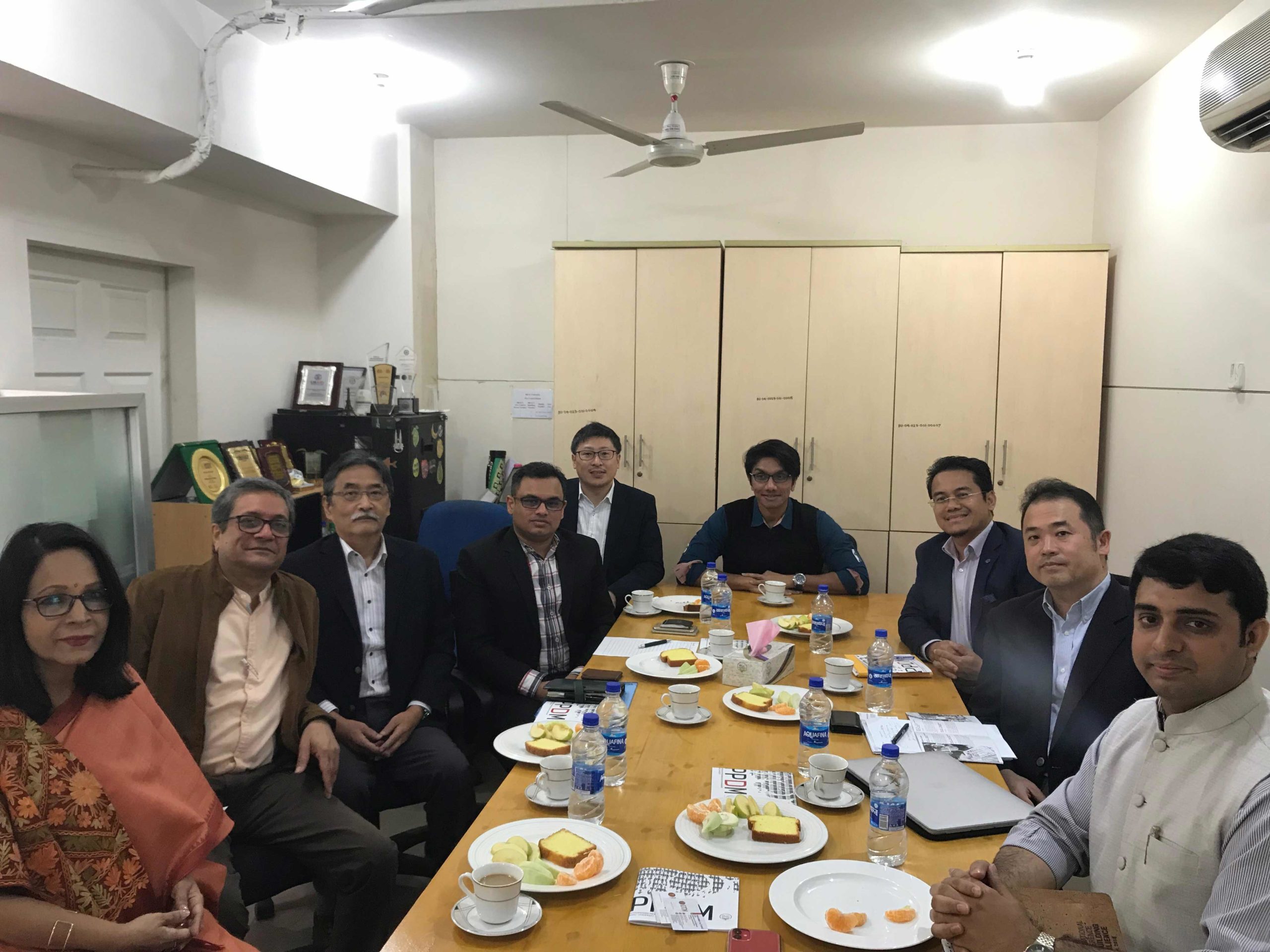
Originally established with support from the Japanese Government, the Japan Institute of Disaster Prevention and Urban Safety, Bangladesh University of Engineering and Technology (BUET-JIDPUS) is headed by Dr. Raquib Ahsan (Director) and owns 3 labs (Structural Dynamics, EQ and Geotechnology and Non-destructive Testing) with the largest share table in Bangladesh. JIDPUS is planning to establish a MA course on Disaster Management Technology and interested to develop a sandwich program with MJIIT.

Professor Dr. Mahbuba Nasrin, Director of the Institute of Disaster Management & Vulnerability Studies (IDMVS), University of Dhaka, is one of the key researchers that has advanced DRRM studies from a social science approach. IDMVS has a diploma course and 2 masters course (regular and professional) in DRRM in which the graduates are now active stakeholders in government, international organizations, NGOs and academia. IDMVS has been one of the key advisors to design the Standing Orders on Disaster (SOD).
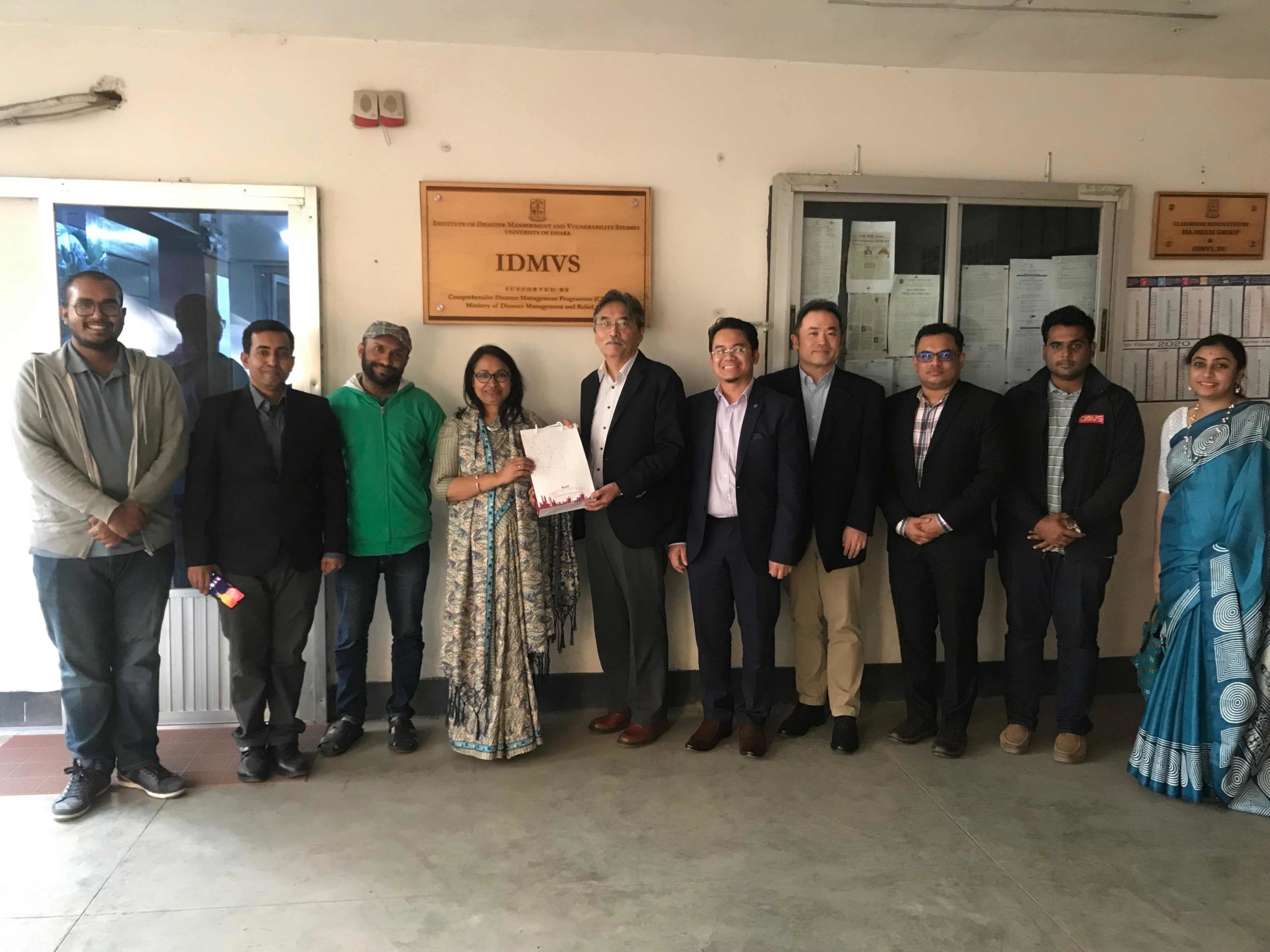
On the second day, DPPC visited the Department of Disaster Science and Management, Faculty of Earth & Environmental Sciences, University of Dhaka, led by Prof. Dr. ASM Maksud Kamal (Chairman and Dean) who has been leading research in geohazard issues (e.g. earthquake, landslide), but taking both engineering and social science approach. Prof. Kamal expressed his interest to jointly work on exploring studies on EWS based on indigenous knowledge, citizen science, comparative studies on science – policy interface in DRRM.
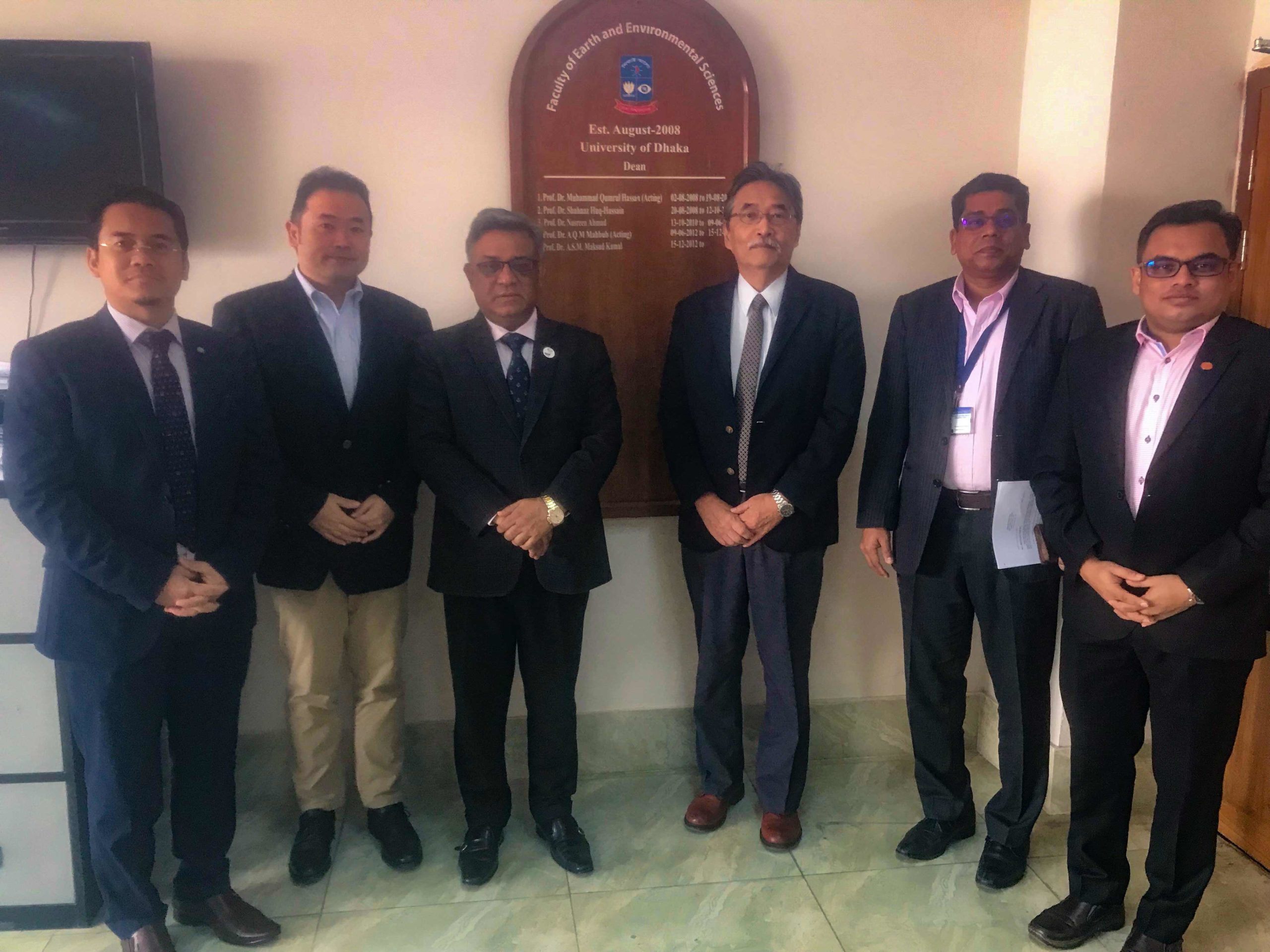
The mission visited the Ministry of Disaster Management and Relief (MoDMR) and made a courtesy call to Senior Secretary Shah Kamal. MoDMR itself has been contributing in nurturing future DRRM leaders by providing internships to university students (about 40 annually) in which the students will do a field survey, write an academic paper that will be reviewed by parliamentary committee and if successful, they will get a certificate. DPPC offered to develop a tailor-made DRRM training course for mid-career professionals.
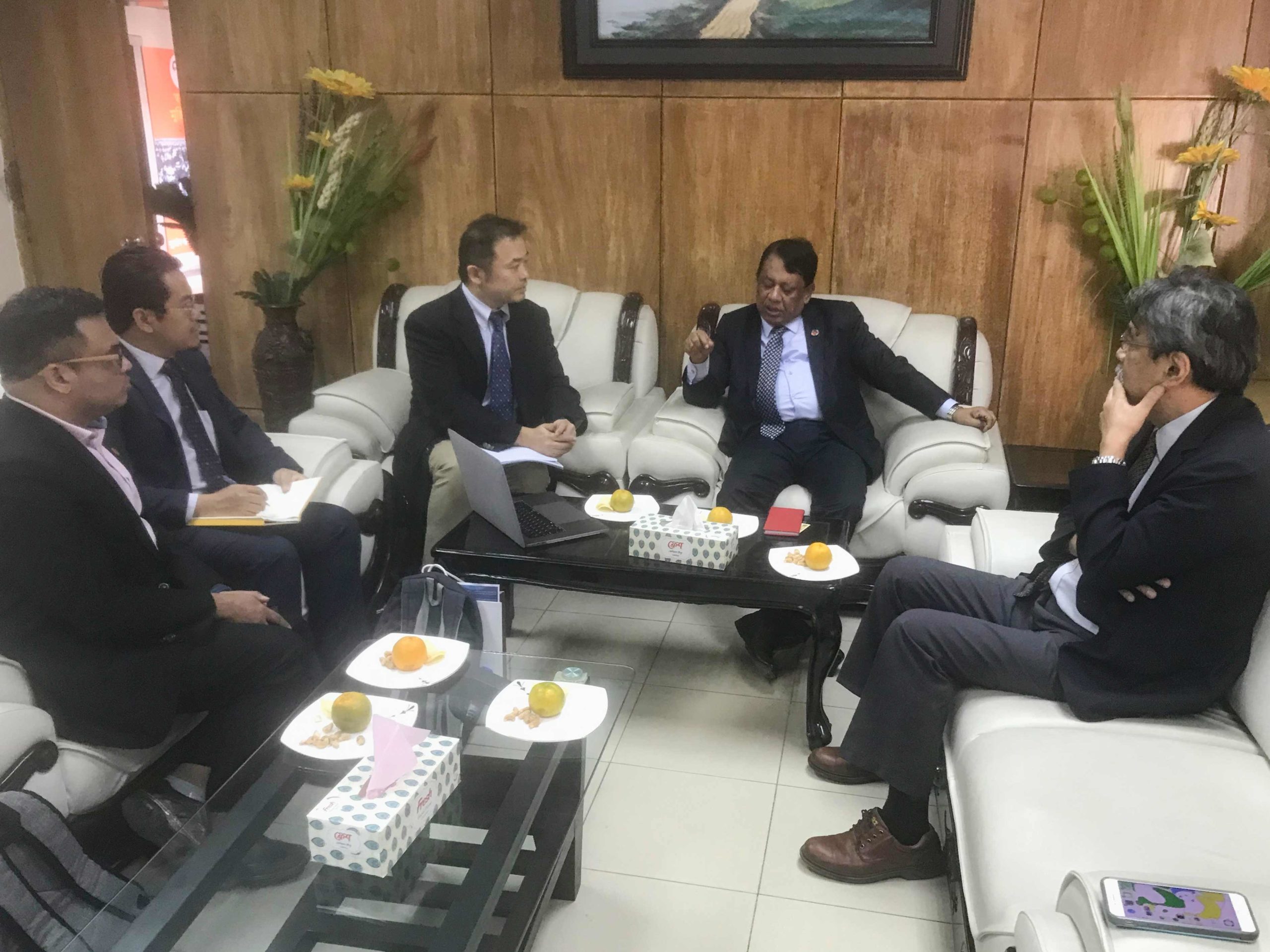
Later in the day, the mission visited Public Works Department, Ministry of Housing and Public Works and Center for Natural Resource Studies (CNRS), which both have specific roles in DRRM as government depart looking over public buildings and on-field community development projects respectively.
On the third day, DPPC visited Center for Climate Change and Environment Research (C3er), BRAC University that has conducted various DRRM activities under UNDP’s Comprehensive Disaster Management Project (CDMP), including a development of the Risk Atlas (mapping of high-risk areas in Bangladesh) as a tool for risk-informed development and model for storm resilient shelter for river dwellers. C3er also implements professional trainings for DRR agencies on climate change adaptation.
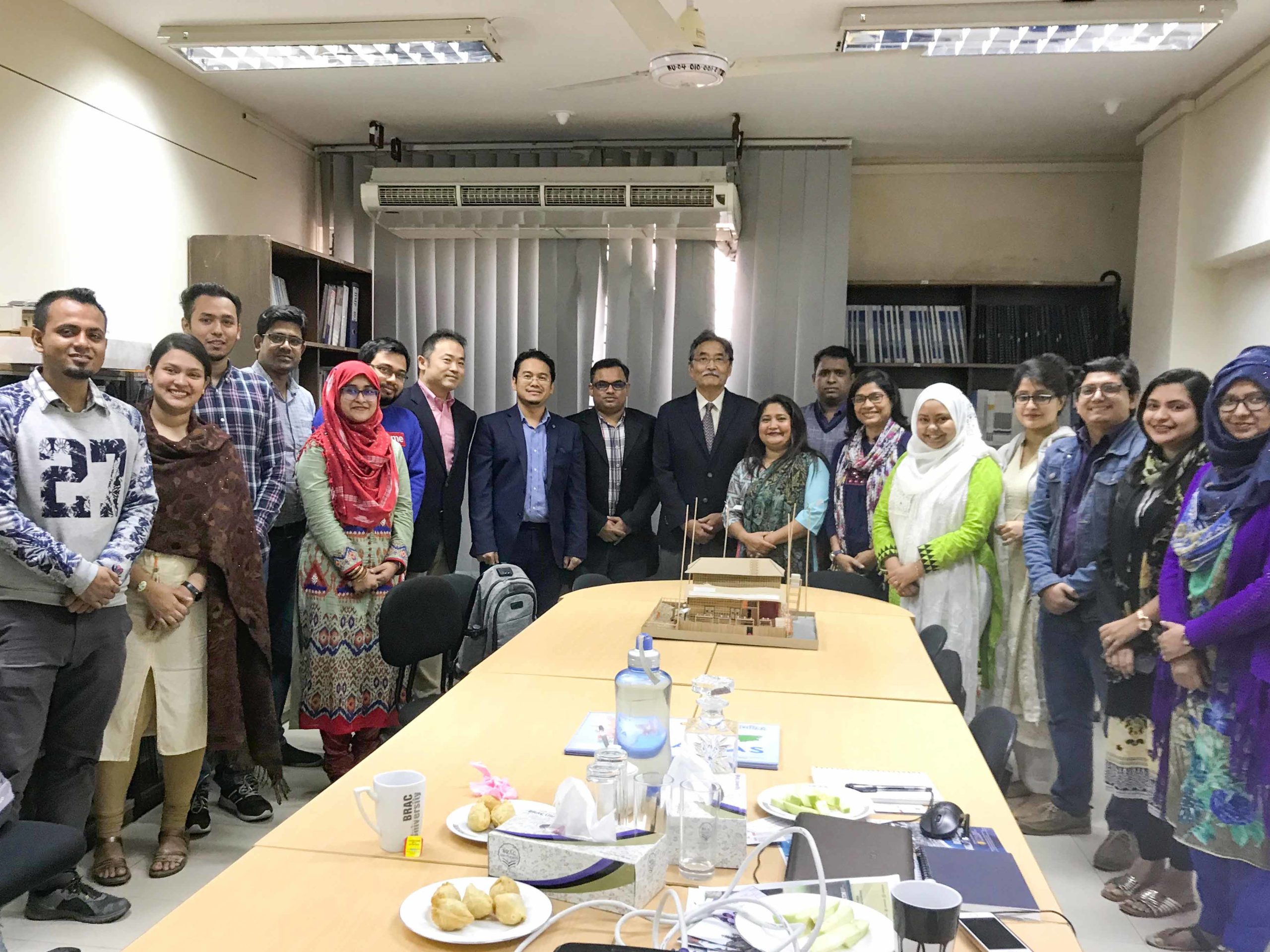
Institute of Water and Flood Management (IWFM), BUET has over 45 years of history as the core research institute on water-related civil engineering research in Bangladesh. Prof. Dr. Munsur Rahman and Prof. Dr. Mohammad Rezaur Rahman explained on their flagship research on quantitative assessment (Delta Dynamic Integrated Emulator Model (ΔDIEM)) of the Integrated Bangladesh Delta Plan 2100. IWFM’s post-graduate program since 2002 has produced over 150 graduates who are now top leaders in DRR agencies and organizations.
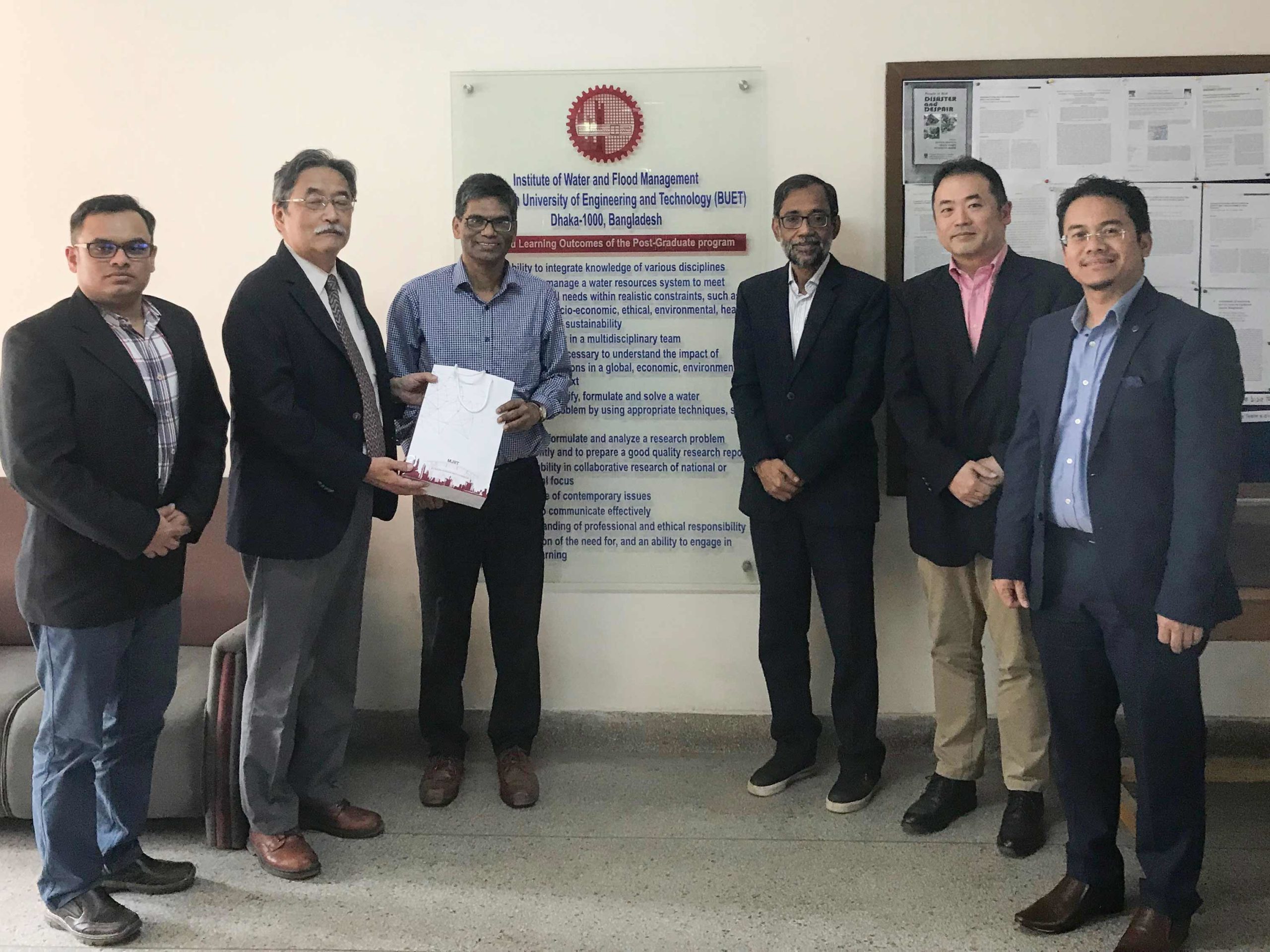
Dhaka North City Corporation (DNCC) since establishing the DRR core group to implement several DRR projects funded by UNDRR, UNDP, World Bank and JICA has been a model for municipal governments to take its own initiatives to build disaster resilience of their communities. The mission also visited Tejkunipara Kallayan Samity in which local leaders and residents had acquired the basic CBDRR concepts in Japan (self- and mutual- help) through implementation of JICA JPP project implemented by SEEDS-Asia.
On the last day, the DPPC mission visited Center for Disaster Research Training & Management (DRTMC) and, Department of Geography and Environment, University of Dhaka in which Prof. Dr. Dr. Hafiza Khatun (Director) and Prof. Dr. Humayun Kabir (Coordinator) share their DRRM research and educational activities.
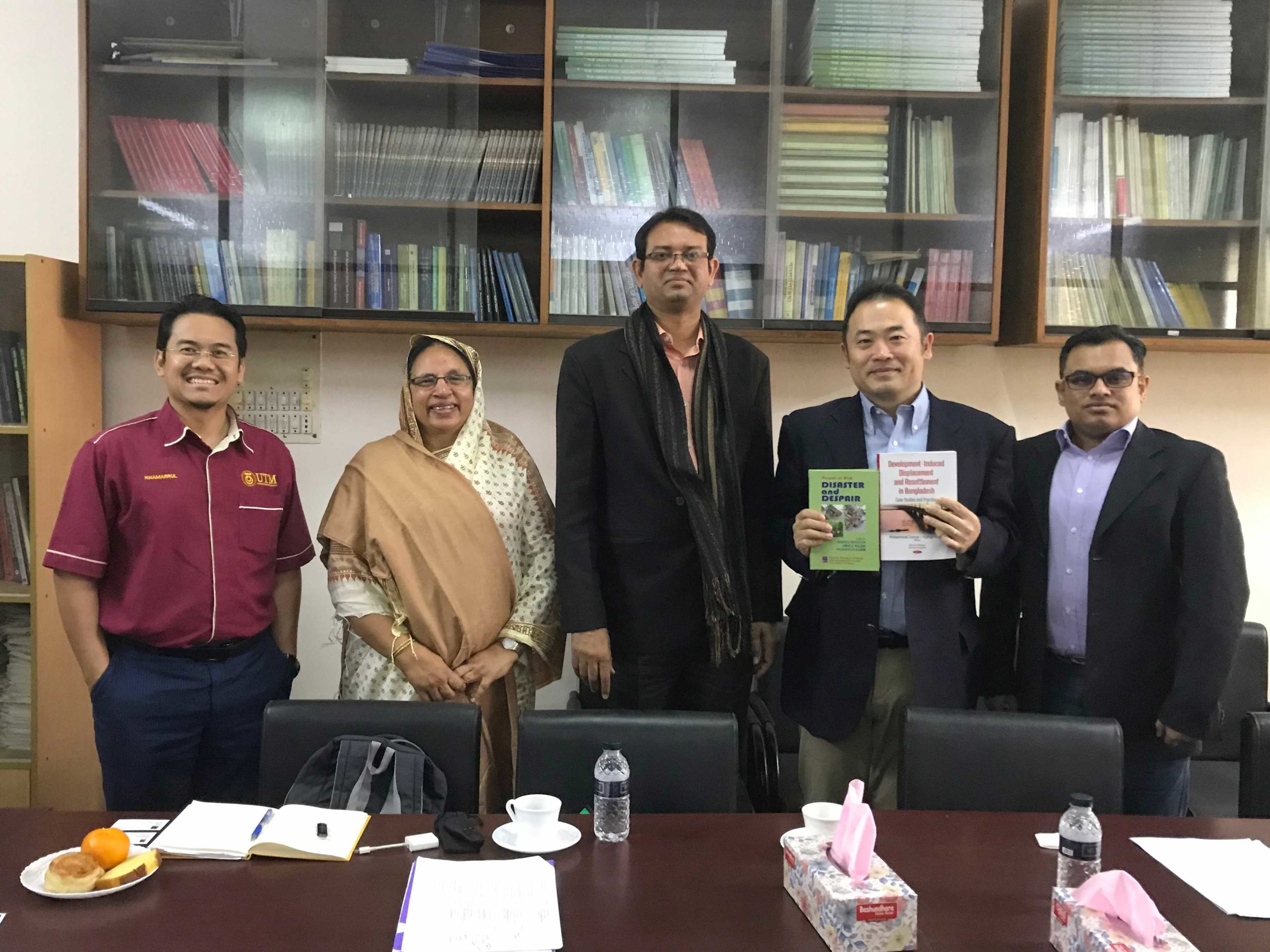
DPPC also visited and made a courtesy call to the Director General Brig Gen Md Sazzad Hussain of the Fire and Rescue Department to discuss on possible collaboration with their Malaysian counterparts with DPPC as a platform to design a training program for firefighters of both countries.
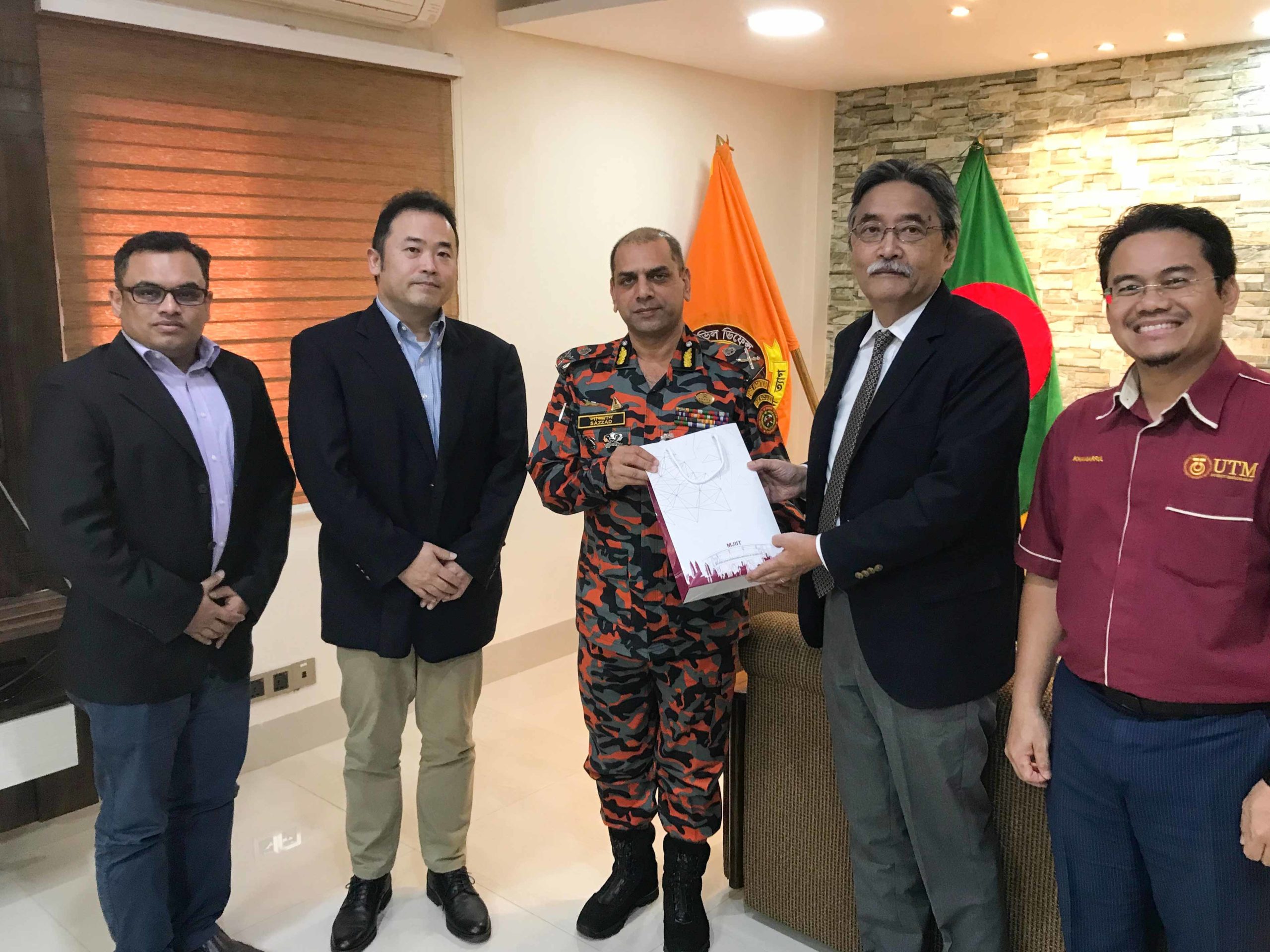
DPPC would like to thank JICA Bangladesh Office, specifically Mr. Md. Anisuzzaman Chowdhury, Program Manager and Mr. Naoki Matsumura, JICA DRR Coordinator for their support in linking and arranging the meetings with the key DRR stakeholders in Bangladesh.
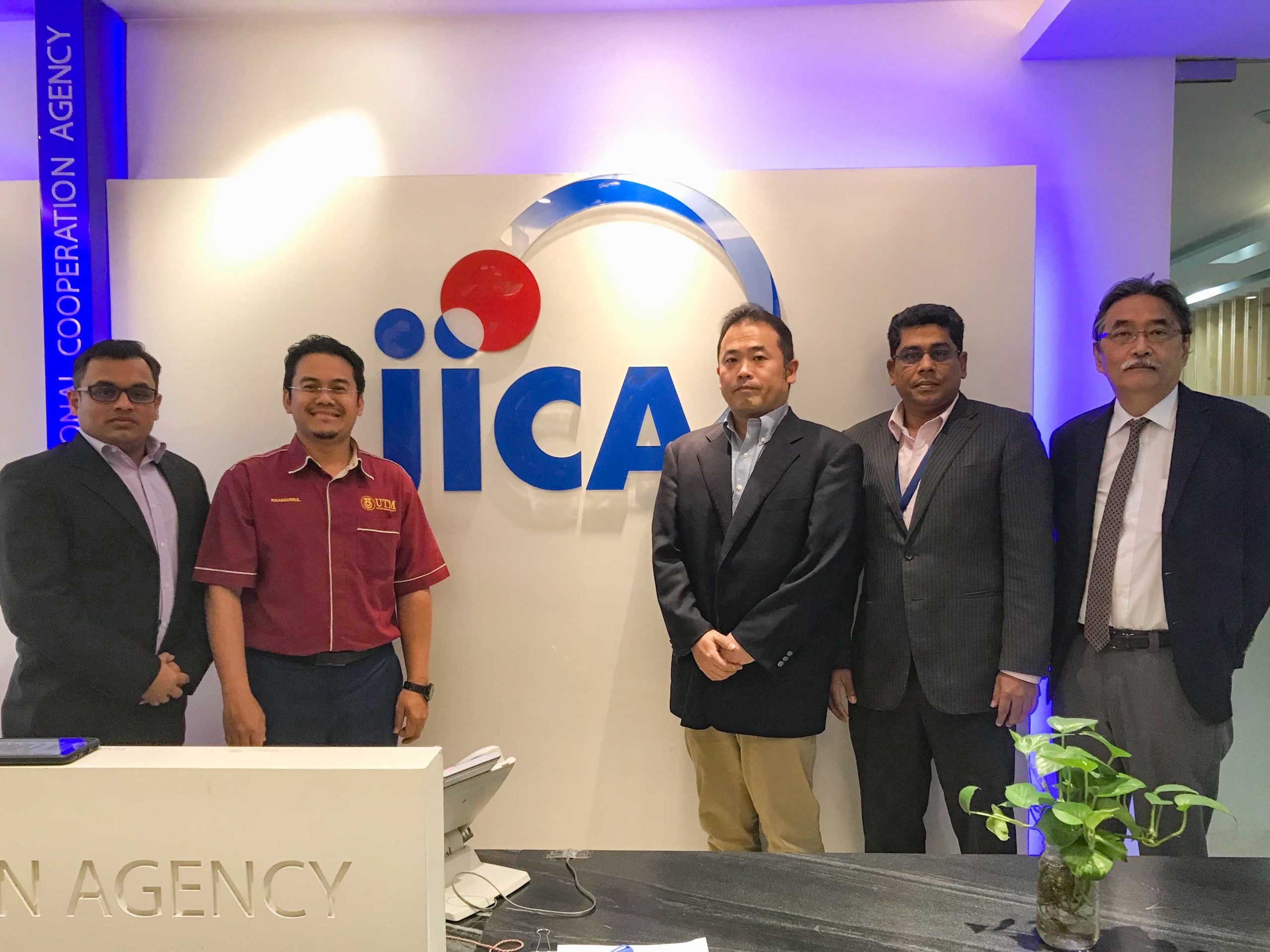
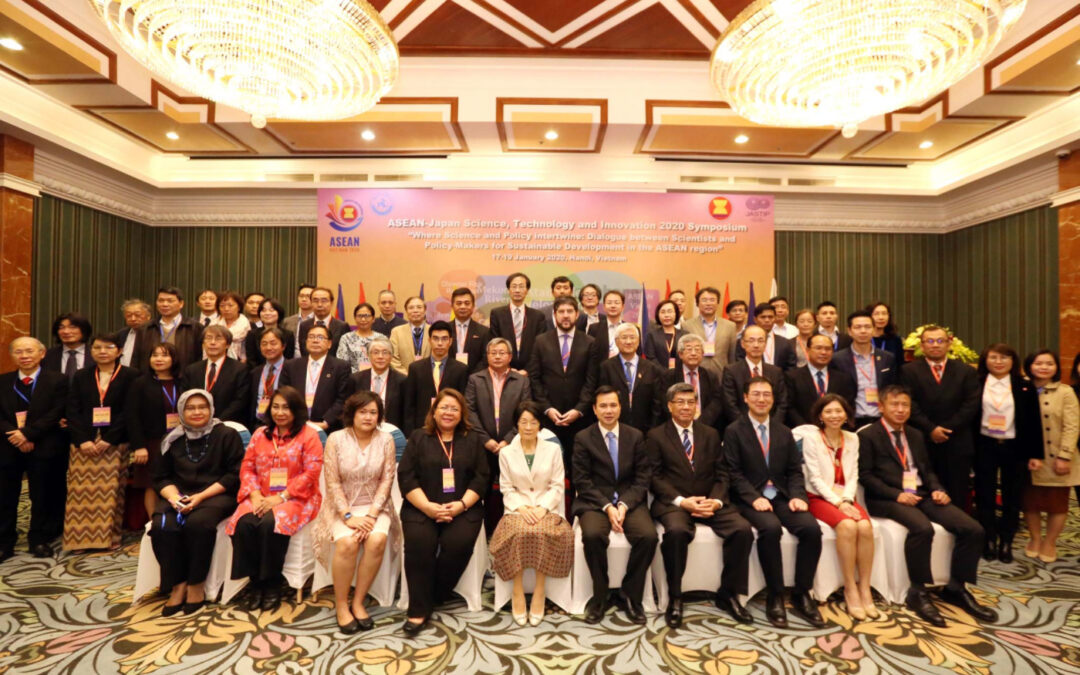
During 17 – 19 January 2020, MJIIT delegation consisting of Prof. Dr. Ali Selamat, Dean of MJIIT, Dr. Muhamad Ali bin Mohd Yuzir, Dr. Abd Halim Bin Md Ali and Dr. Shohei Matsuura, JICA Expert attended the 3rd Japan-ASEAN Science, Technology and Innovation Platform (JASTIP) and the ASEAN Committee on Science, Technology and Innovation.
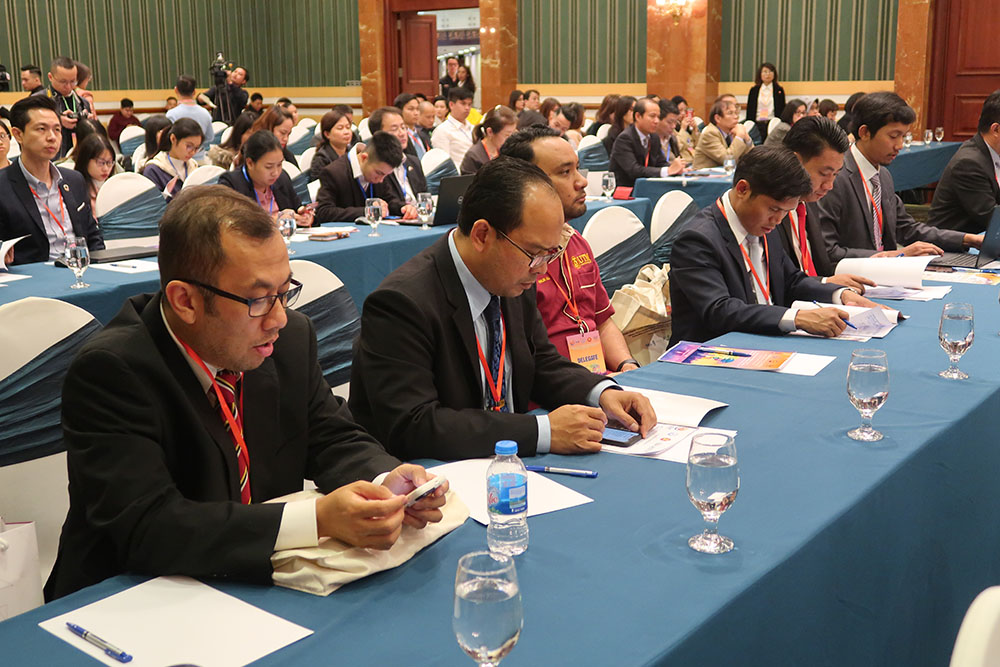
Hosted by the Ministry of Science and Technology of Vietnam, the meeting reviewed the accomplishments seen during the first phase (2015-2019) of JASTIP in all sectors (Energy & Environment, Bioresources & Biodiversity and Disaster Prevention) and discussed on the visions for proposing ideas for Phase 2.
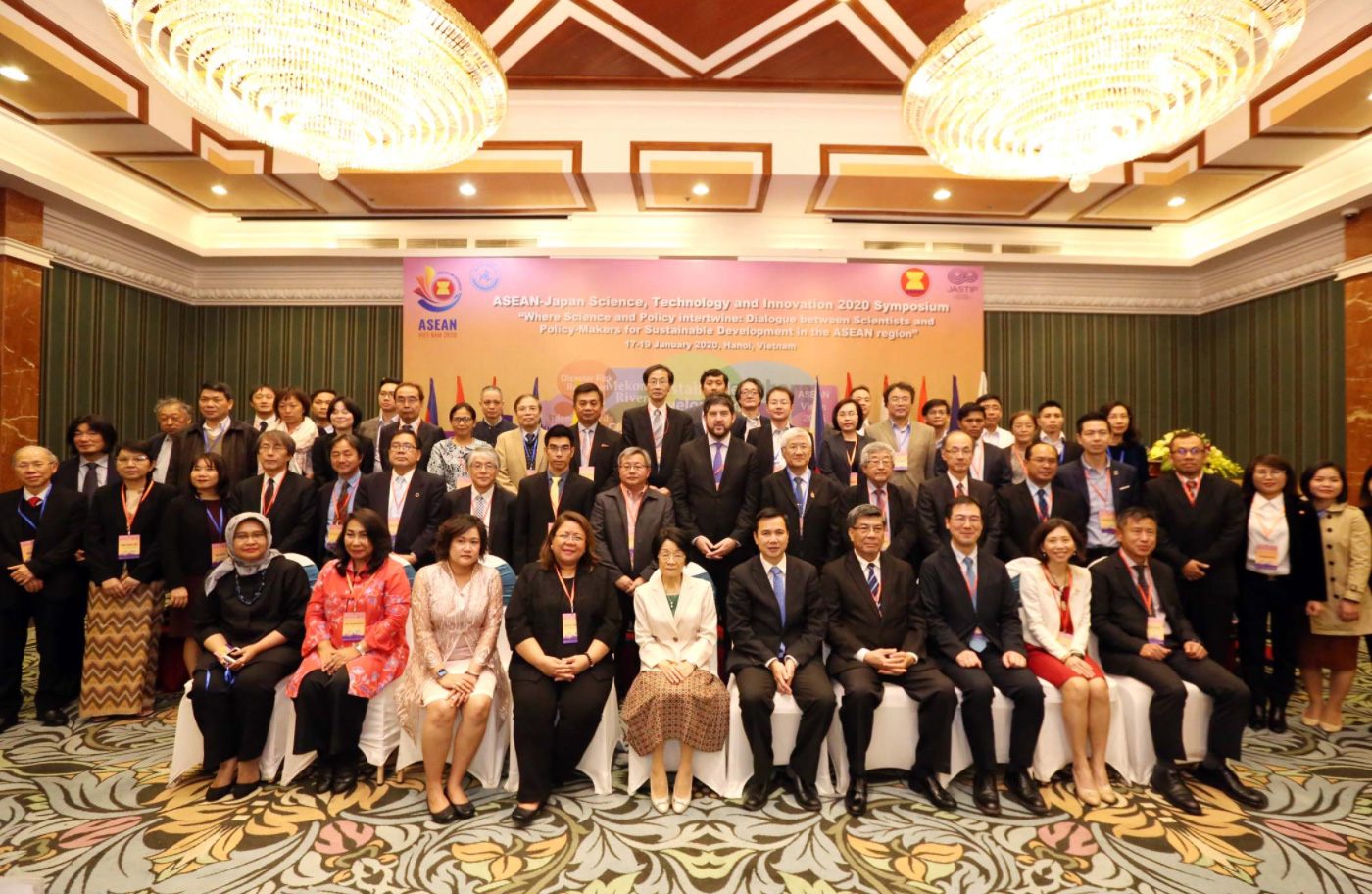
MJIIT is the home of the MJIIT-Kyoto University JASTIP Disaster Prevention Joint Lab on UTM’s Kuala Lumpur Campus and has been central in both educational and research activities in the Disaster Prevention sector of JASTIP.
The members of the Disaster Prevention sector agreed that Phase 2 will have the following concepts and themes:
JASTIP partners also agreed to continue to support MJIIT as a regional DRR hub in education/training, research and field practice for sustainable development the ASEAN region.
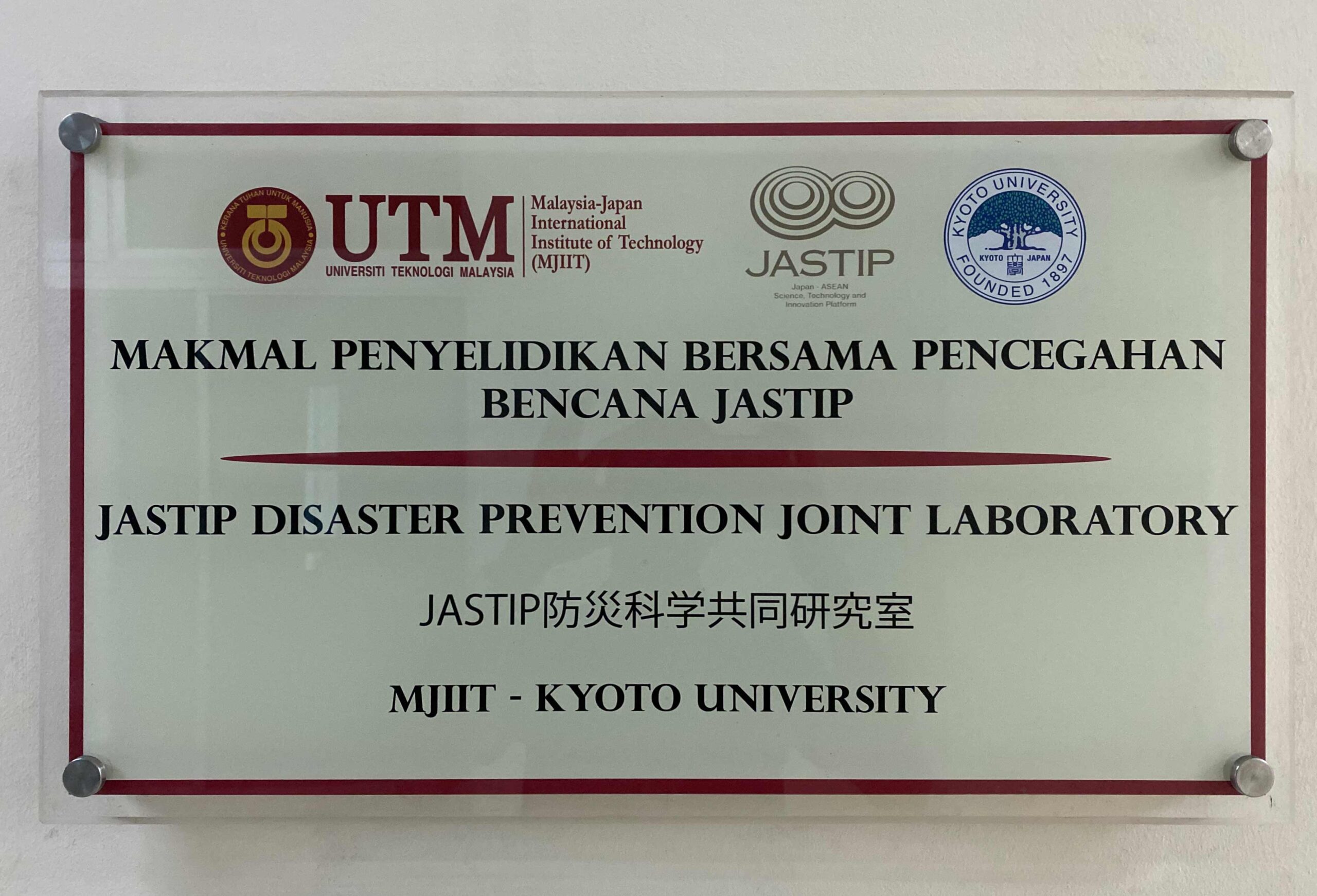
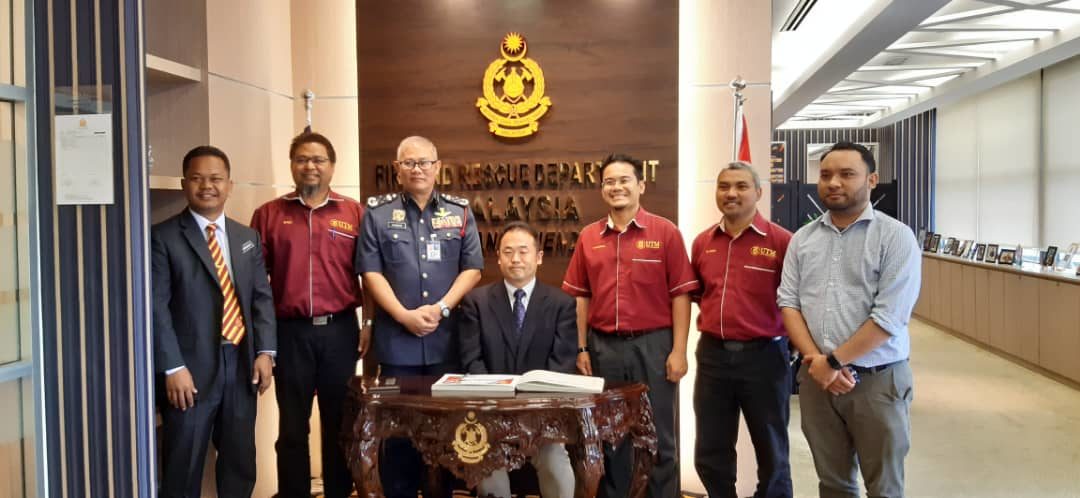
On 3 December, members of DPPC made a courtesy call to YAS Dato‘ Mohamad Hamdan bin Hj. Wahid, Director General of Fire and Rescue Department (BOMBA) Malaysia. From DPPC, Dr. Khamarrul Azahari Razak, Dr. Shohei Matsuura and Dr. Abd Halim Bin Md Al and Mr. Zainuddin Bin Mat Daud, current MDRM student and BOMBA officer, were present at the meeting.

The discussion with the Director General and its management ranged from recent the collaboration with their Training Division in our MDRM program (MMJD1143 program at Akademi Bomba dan Penyelamat Malaysia Kuala Kubu Bharu) and future plans for collaborating in DPPC’s three pillars: Education/Training, Research and Field Activities. The BOMBA management did not only express their keen interest to take advantage of the scientific and technological knowledge of MJIIT/UTM, but also engagements with JICA and JUC partners of MJIIT.
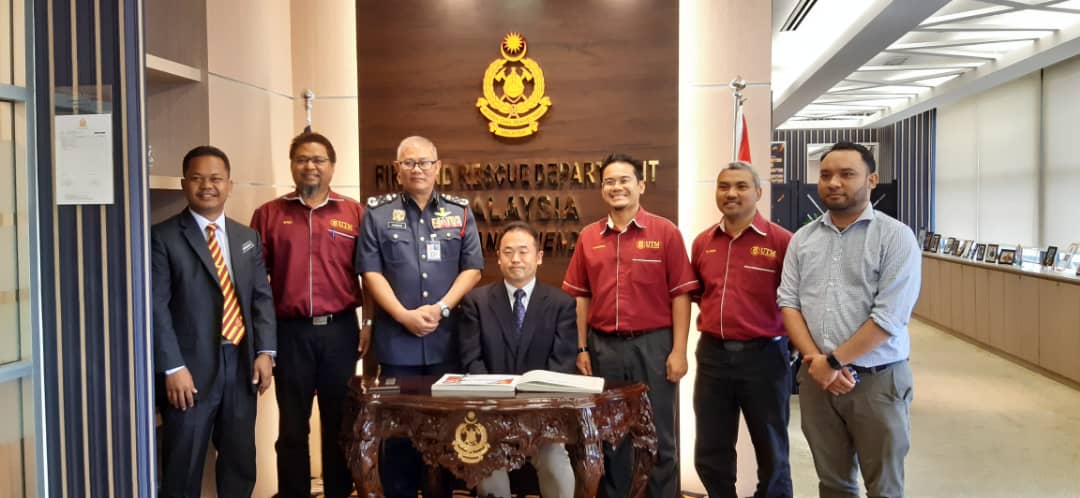
While BOMBA is now in planning for their Rolling Plan 4 (2020-) and DPPC will be celebrating its 5th Year Establishment in 2020, the meeting was timely for both sides to start a long-term collaboration that would benefit and compliment each of our strength and goals. It was agreed by both sides that a MoU will be exchanged in the new future and a series of certified short courses and workshops be jointly implemented in 2020.
The courtesy call ended with a visit to their central command center.
